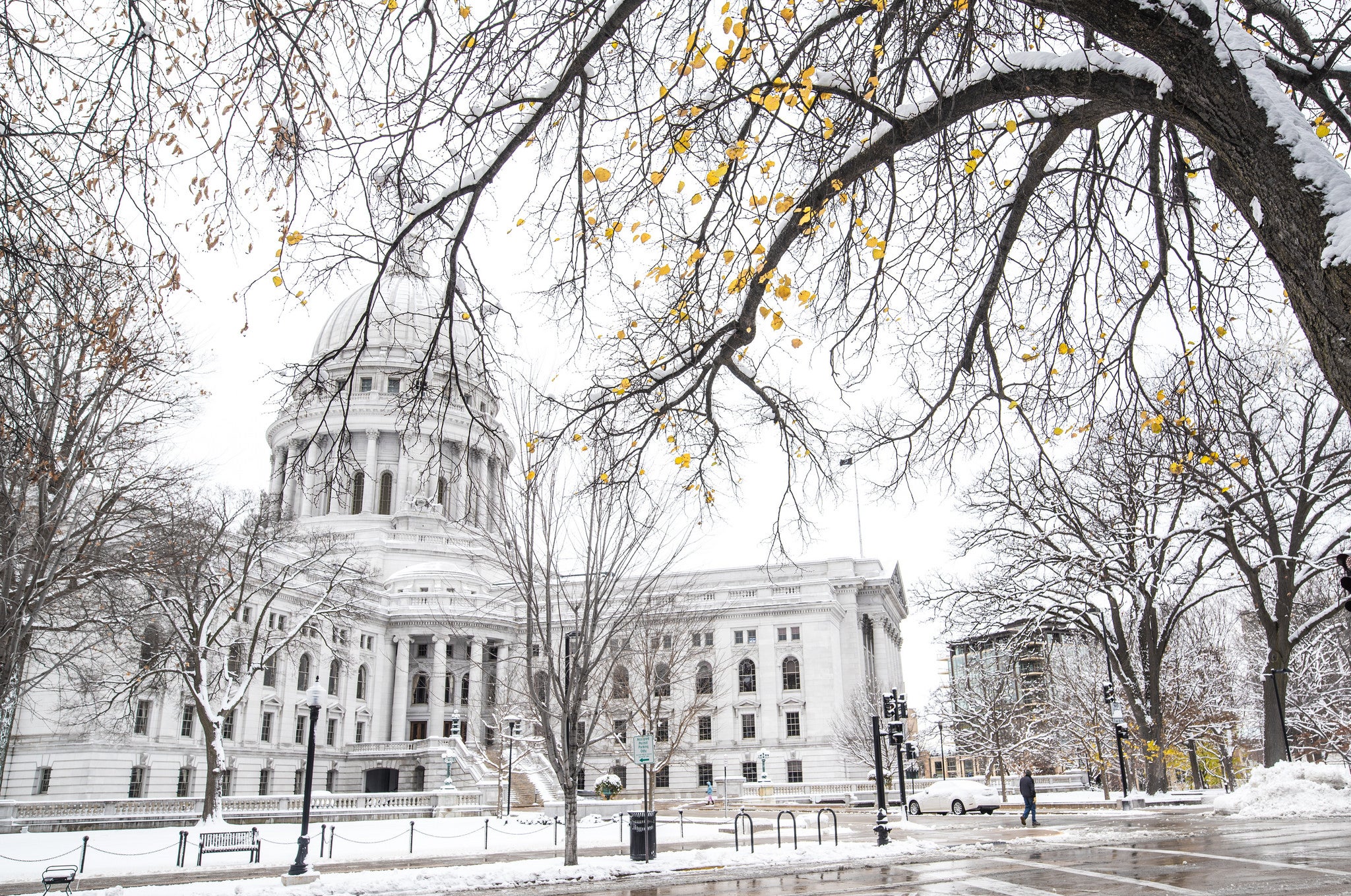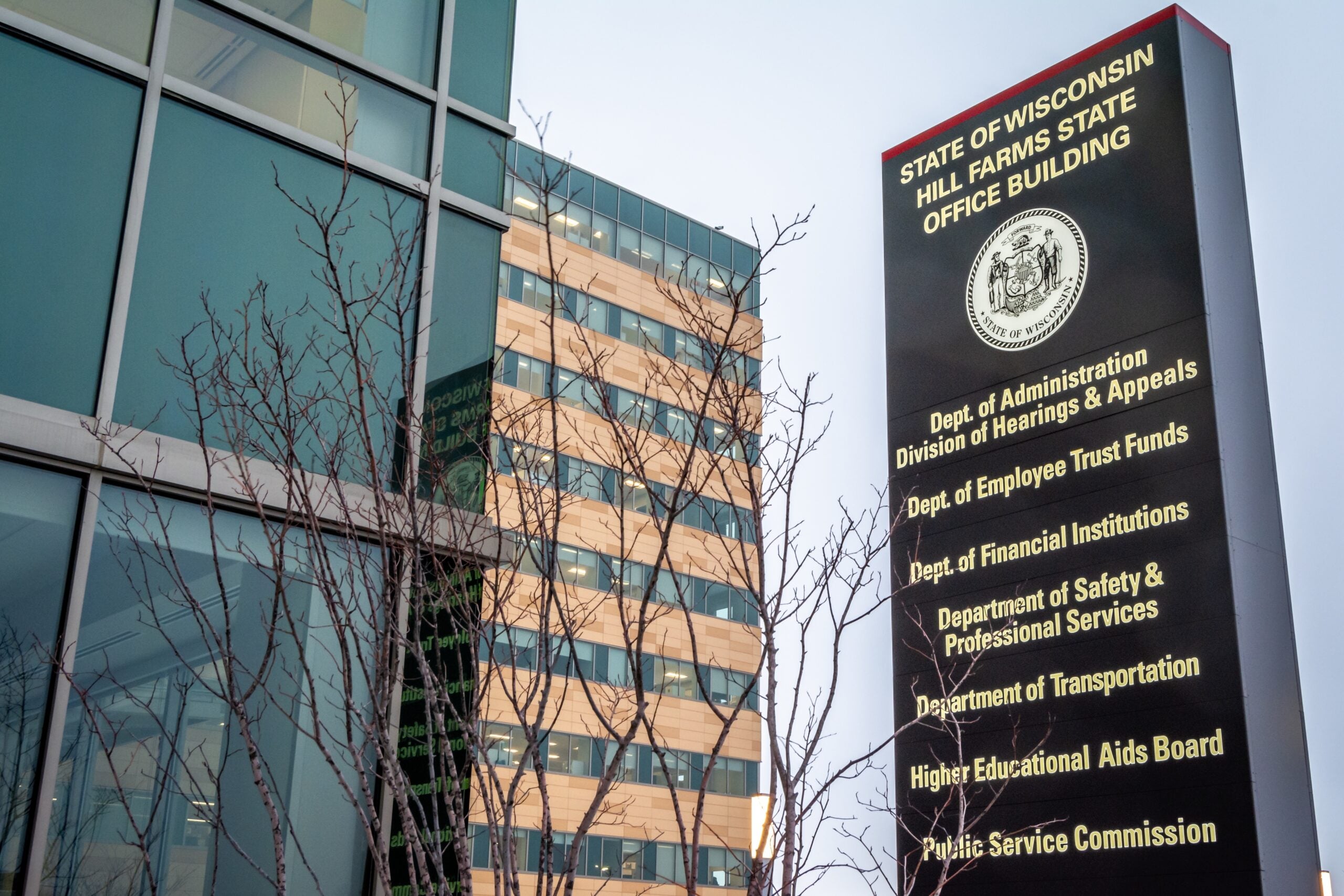The Assembly made a failed attempt on Thursday to override three of Gov. Tony Evers’ budget vetoes, all related to mental health services in Wisconsin.
The vetoes:
- Shifted $15 million for a mental health crisis center in northern Wisconsin to a center in Madison.
- Eliminated lawmakers’ oversight of funds to increase state Medicaid reimbursements for doctors and mental health providers.
- Removed some criteria for funds supporting training programs for mental health providers.
News with a little more humanity
WPR’s “Wisconsin Today” newsletter keeps you connected to the state you love without feeling overwhelmed. No paywall. No agenda. No corporate filter.
Republican lawmakers who control the Assembly argued those vetoes hurt mental health care in the state. Their override attempts all failed on party-line votes of 62-34, with all Republicans voting in favor of the overrides and Democrats against. Veto overrides require a two-thirds vote to pass.
“Bringing these three mental health items to the floor for a vote is our chance to correct a mistake that will have serious consequences for Wisconsinites across our state,” said Assembly Majority Leader Jim Steineke, R-Kaukauna, in a letter to lawmakers Wednesday.
Reaching the two-thirds vote necessary for an override required two Democratic lawmakers to join Republicans in support of each measure in the Assembly. No Democrats did so.
After the failed votes, Evers criticized Republicans for “playing politics.”
“It’s time for Republicans to get over the election that happened more than a year ago so we can work together on the pressing issues facing our state,” Evers said in a prepared statement.
In his veto message, Evers said redirecting $15 million from a proposed crisis center in northern Wisconsin to the Mendota Mental Health Center in Madison would “ensure that the state is able to provide appropriate mental health treatment for youth.”
Steineke argued law enforcement in Superior have an 11-hour round trip if they need to transport someone to the center.
Speaking with reporters before Thursday’s vote, Assembly Speaker Robin Vos, R-Rochester, said Democrats from northern Wisconsin should join Republicans in overriding the veto.
“Either you’re going to put your district and what your local people say is important for your region of the state (first), or you’re going to play politics and do what Gov. Evers tells you to do,” Vos said.
Vos and Steineke acknowledged some lawmakers have discussed introducing a new bill to fund the proposed center, but said it would be quicker and easier to move forward with the funding via the override.
“There are members working on things that could address this, but this is the quickest and easiest way,” Steineke said.
Related to the veto of the Legislature’s oversight of two $5 million increases for state Medicaid payments, one in each of the next two fiscal years, Evers said he objected to shifting the funding from the state Department of Health Services to the Legislature’s budget committee’s supplemental fund. He said he feared the committee could use the money for other purposes.
Of the third veto, Evers said an annual $500,000 grant program for mental health training included too many requirements for grant recipients. In his partial veto, the governor removed some of those requirements.
“I am broadly supportive of measures to increase qualified health care providers in the state. However, I object to the specificity outlined in the provision,” Evers wrote. “I am directing the Department of Health Services to develop grant criteria, seek applicants and award the grants.”
The governor’s office didn’t respond to requests for comment about whether DHS has moved forward with either the Medicaid increases or the grant program.
Suicide Prevention Measures Approved
Assembly lawmakers also voted on a package of bills aimed at addressing rising suicides rates in Wisconsin. The measures all passed and now move to the state Senate.
According to DHS, more than 900 Wisconsin residents died by suicide in 2017, the most recent year with available data. That’s up from roughly 600 statewide suicide deaths in 2007.
The package of bills includes a plan to create a new state program tasked with coordinating suicide prevention initiatives across all state departments, as well as administering a number of state grants for suicide prevention services. The program would be housed within DHS.
Other bills in the plan would:
- Require two hours of continuing education on suicide prevention to be completed every two years by mental health professionals.
- Create a state grant program that would help firearm retailers buy equipment to temporarily store guns for people who voluntarily surrender them during mental health crises.
- Create a state grant program for supporting peer-to-peer suicide prevention programs in public, private and tribal high schools.
- Create a state grant program to support a collaborative project between the state Department of Public Instruction and Cooperative Educational Service Agencies to provide assistance to school districts in implementing prevention and intervention programs for alcohol, tobacco, and other drug abuse, mental health programs, and programs to promote school safety.
- Create a state grant program for organizations or coalitions of organizations — including cities, villages, towns, and counties — for suicide prevention programming.
- Require contact information for suicide prevention hotlines to be on student ID cards.
The proposals are the result of an Assembly task force that held several months of meetings and public hearings around the state on suicide prevention.
Wisconsin Public Radio, © Copyright 2025, Board of Regents of the University of Wisconsin System and Wisconsin Educational Communications Board.







